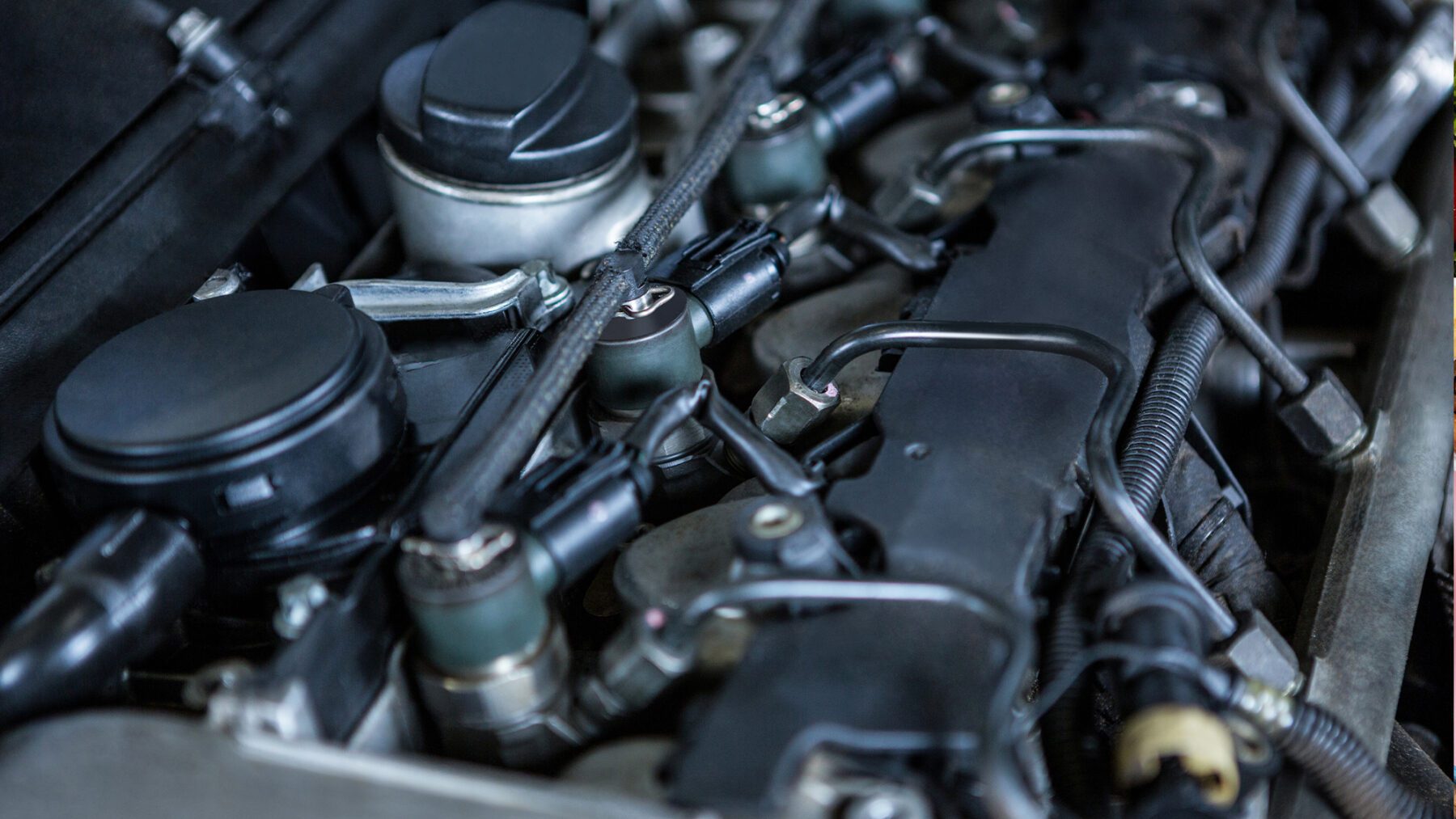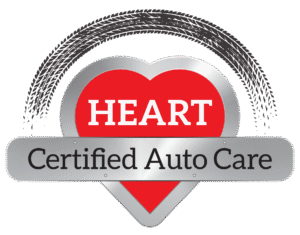Preparing Your Car for a Honda EVAP System Test in Evanston


Getting ready for a Honda EVAP System Test in Evanston can be a daunting task, especially if you’re unfamiliar with what the process entails or how to prepare your car. However, with the right guide, you can ensure your vehicle is ready for this critical emissions test.
In this blog post, we’ll walk you through everything you need to know to prepare your car for a Honda EVAP System Test in Evanston, ensuring both compliance and optimal vehicle performance.
What is the Honda EVAP System?
The Evaporative Emission Control (EVAP) system is designed to prevent fuel vapors from escaping into the atmosphere. For Honda vehicles, the EVAP system plays an important role in controlling emissions and maintaining environmental standards. Regular testing of this system ensures that your car is not contributing to air pollution and is functioning efficiently.
Why is the Honda EVAP System Test Important?
- Environmental Compliance: It ensures your car meets environmental regulations.
- Fuel Efficiency: A well-functioning EVAP system improves your car’s fuel efficiency.
- Vehicle Longevity: Regular tests can identify potential issues early, preventing major repairs.
- Avoiding Fines: Non-compliance with emission standards can result in hefty fines.
- Resale Value: A vehicle that passes emissions tests regularly maintains a higher resale value.
- Safety: Identifying and fixing leaks or faults in the EVAP system ensures the safety of the vehicle by preventing harmful vapors from escaping.
- Smooth Performance: A healthy EVAP system contributes to the overall smooth performance of the car by ensuring all components are working efficiently.
Preparing Your Car for the Test
1. Know When Your Test is Due
2. Perform a Preliminary Check
- Cracked or damaged fuel lines
- Loose or missing gas caps
- Fuel odors around the vehicle
3. Fix Any Known Issues
- Faulty Gas Cap: A loose or damaged gas cap can cause the EVAP system to fail.
- Leaking Hoses: Check for and replace any hoses that are cracked or leaking.
- Faulty Components: Replace faulty components like the purge valve or charcoal canister.
4. Monitor Warning Lights
5. Ensure Proper Fuel Level
Your car’s fuel level can affect the Honda EVAP System Test. It’s generally recommended to have your fuel tank between 1/4 and 3/4 full. This ensures accurate test results and prevents fuel vapor leaks.
6. Drive Your Car Regularly
Driving your car regularly before the test helps ensure all systems are functioning correctly. Short trips may not be enough; instead, take your car on longer drives to ensure all systems, including the EVAP, are operating optimally.
Following these steps can significantly increase your chances of passing the Honda EVAP System Test. Proper preparation not only ensures compliance but also keeps your vehicle in peak condition.
Maintaining Your Honda's EVAP System
- Regular Inspections
- Use Quality Fuel
- Replace Components as Needed
- Gas Cap: Regularly inspect and replace if necessary.
- Hoses and Seals: Check for cracks and replace as needed.
- Charcoal Canister: Replace if clogged or damaged.
Common Issues and Solutions
1. Faulty Purge Valve
- Rough idling
- Difficulty starting the engine
- Poor fuel economy
Solution: Replace the purge valve. This is a relatively simple and inexpensive repair that can significantly improve the performance of your EVAP system.
2. Clogged Charcoal Canister
- Strong fuel odors
- Decreased fuel efficiency
- EVAP system error codes
3. Leaking Hoses
- Fuel odors around the vehicle
- “Check Engine” light illumination
- Poor performance during emissions tests
Solution: Inspect all hoses for damage and replace any that show signs of wear. Ensure all connections are secure to prevent future leaks.
Addressing these common issues promptly can keep your EVAP system running smoothly and efficiently.
DIY Tips for Maintaining Your Honda's EVAP System
1. Regularly Check the Gas Cap
- Tighten the gas cap after every refuel.
- Inspect the cap regularly for cracks or other damage.
- Replace the cap if it shows signs of wear
2. Inspect for Fuel Leaks
3. Listen for Unusual Noises
Strange noises coming from your car can be an early sign of EVAP system problems. Listen for hissing sounds, which may indicate a vacuum leak. If you hear anything unusual, have your car inspected by a professional.
Ensuring your EVAP system is well-maintained can prevent costly repairs and improve your car’s performance.
Conclusion: Get Your Car Ready for a Honda EVAP System Test in Evanston
Getting your car ready for a Honda EVAP System Test in Evanston can be manageable with the right approach. By recognizing the significance of the test, staying on top of regular maintenance, and knowing when to consult a professional, you ensure your vehicle stays in top shape and meets emissions regulations. A properly maintained EVAP system benefits not just your car but also promotes a cleaner environment.
If you’re in Evanston and need assistance with your Honda EVAP System Test or any other auto repair needs, HEART Auto Care is here to help. Our expert technicians specialize in Honda vehicles and offer comprehensive diagnostics, repairs, and maintenance services.
Contact HEART Auto Care today for a consultation and discover how we can help you maintain your vehicle’s optimal performance.










